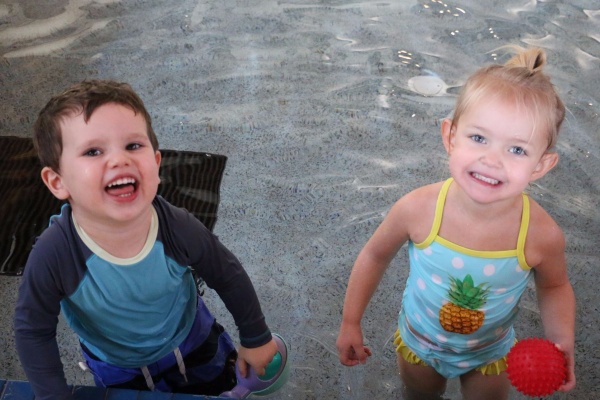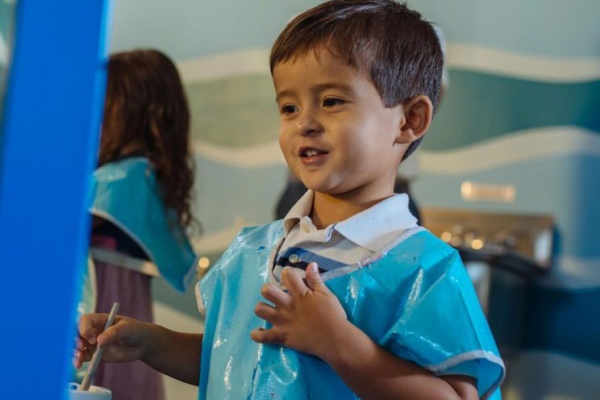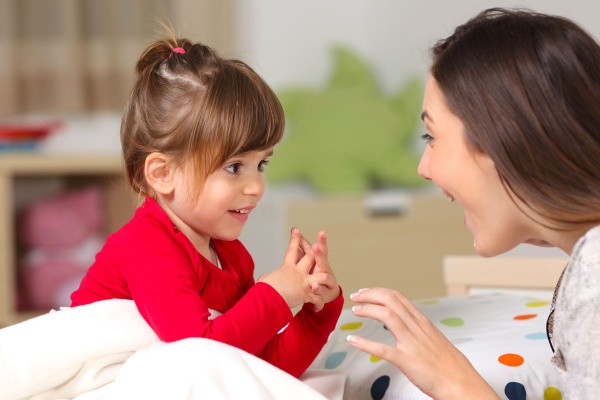
When Good Friendships Go Bad
Friends are major influences on kids and teens' lives. When those friendships are destructive, they can lead to emotional turmoil or worse. How can kids steer clear of toxic friends? And what can parents do when their child's friends are leading them down the wrong path?
When those friendships are destructive, they can lead to emotional turmoil or worse. How can kids steer clear of toxic friends? And what can parents do when their child's friends are leading them down the wrong path?
St. Louis Kids Magazine asked nationally known author and speaker Annie Fox how parents can help their kids navigate the often tricky world of friendships. Fox is coming to St. Louis next month for Passport To Power, where she will speak on Real Friends vs. The Other Kind.
How do kids know the difference between real friends vs. the other kind?
Fox: Without a set of standards for what makes a real friend it can be a serious challenge for tweens to figure out what is and what is not acceptable behavior in a friendship. It's really important to think about what makes a real friend and what constitutes "the other kind" of friend. When you give kids a chance to think out loud about this stuff, they discover they already know a lot about friendship. That's the first step.
The next step is to reinforce the fact that a friendship is a two-way street. A healthy friendship — the only kind worth having — is based on mutual respect, honesty, trust, open communication and shared values. I may love my friend but if I'm doing all the giving and forgiving and she's doing all the getting and forgetting then it's not a two-way street. We have to talk so we can. hopefully, get the friendship back on track. Or agree to take a break.
Do teen girls fall prey more easily to destructive friendships?
Fox: Yes, and the simple answer [to why is] because girls are socialized to be "nice." And in their minds that means you don't tell a friend that you don't like the way she's been acting. Instead, a "nice" girl will stay silent even when she's being treated disrespectfully. It's totally nuts, but I hear it all the time. Girls will say: 'I don't like it when my friend acts this way. it hurts my feelings.' And when I ask "Have you told her how you feel?' the girl invariably will say 'No, I can't do that! It will hurt her feelings!'
So she continues to to accept bad behavior and somehow believes that in doing so she is being a 'good' friend. I say, she's got to be her own best friend first. And that means standing up and speaking up for herself. Otherwise, and this is really scary, she's likely to take these 'I'm willing to be a doormat' tendencies into her adult relationships. Not good!
Are teen girls more influenced by peers than teen boys or just influenced indifferent ways?
Fox: I think teen girls and guys are equally influenced by their peers. Girls may be more tuned in to fashion and body image-related media messages, but really, social media (which three-forths of all teens regularly use) brings them in contact with their peers 24/7.
That's why it's important for parents to set limits on digital input at home. Have dinner together at least three times a week and you insure that your kids are less likely to use drugs or use alcohol, less likely to be sexually active, and more likely to do well in school. Oh, and during dinner, make sure all the cell phones (including yours) are off, then make eye contact and talk to each other. Laugh. Enjoy being part of a family. Do NOT talk about homework!"
How can parents stay better connected to their daughters during the sometimes tumultuous teen years?
Fox: Stay connected by continuing to do the things you have always enjoyed doing together. I recently led a mother-daughter communication workshop and asked the girls and moms (separately) when they felt closest to their mom/daughter. The most common answers from moms were 'When she confides in me' and 'When we hang out together." The most common answers from daughters were 'When we do stuff together,' 'when we talk' and 'when we hang out.'
The 2nd Annual Passport to Power will be held Sunday, .jpg) April 3 from 9 a.m. to 3 p.m. at the Doubletree Hotel and Conference Center in Chesterfield. Designed for 5-to-14 year old girls and their mothers, this fun afternoon includes lunch, guest speakers, photos, nutritional counseling, hairstyling, exercise and skin care tips, massages and makeovers. New to the event this year is a full-day program specifically designed for 10-to-12 year old preteens and their mothers. The event is sponsored by Girls in the Know. To find out more, go to www.girlsintheknow.org or call 314-473-5685.
April 3 from 9 a.m. to 3 p.m. at the Doubletree Hotel and Conference Center in Chesterfield. Designed for 5-to-14 year old girls and their mothers, this fun afternoon includes lunch, guest speakers, photos, nutritional counseling, hairstyling, exercise and skin care tips, massages and makeovers. New to the event this year is a full-day program specifically designed for 10-to-12 year old preteens and their mothers. The event is sponsored by Girls in the Know. To find out more, go to www.girlsintheknow.org or call 314-473-5685.





















